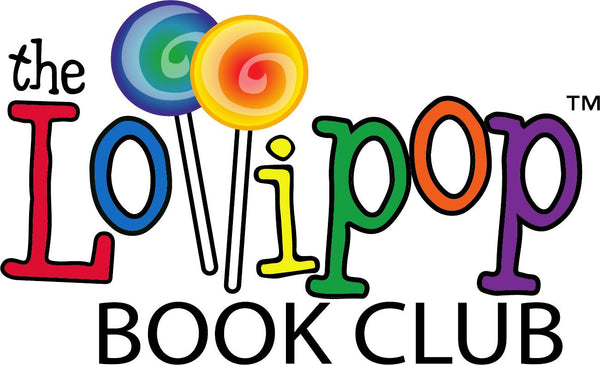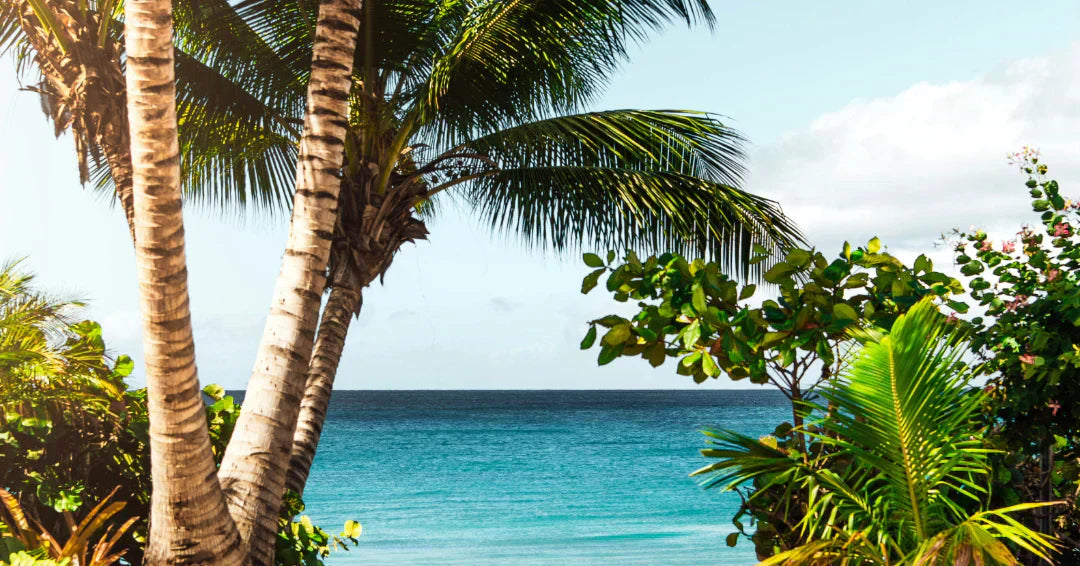Kids gravitate toward learning Hawaiian words because they offer much more than just a new vocabulary; they provide a direct line into a fascinating culture. These unique terms act as a cultural roadmap, guiding children to deep-seated Hawaiian values. For instance, words like ʻohana (family/community) and aloha (love, greeting, and a way of life) are powerful concepts, not mere translations. By learning them, children are introduced to foundational ideas of kindness, respect, and interconnectedness. This linguistic exposure helps them view the world through a new cultural lens, giving them a deeper connection to Hawaiian history, legends, and a sense of profound respect for the ʻāina (land and environment).

Common Hawaiian Expressions To Learn Before Your Trip
Before heading with the family on a vacation, a fun idea is to brush up on some common expressions. Kids will hear lots of these words when interacting with local business owners and all the people who live on the island. Some of these terms are familiar already, although children will be surprised to learn all the many different meanings one word conveys. Other words may be new to your little ones, even though they are part of the common dialect. Sharing some Fun Facts About Hawaii while learning new expressions will make the vacation even more memorable.
Fun Greetings and Sayings from Hawaii
The words of ʻŌlelo Hawaiʻi are instantly engaging to children because the language itself is inherently musical and pleasing to the ear. Built on a small, regular alphabet where every syllable ends in a vowel, Hawaiian expressions have a lyrical flow that makes them simple and fun for young speakers to master. Even unique features, like the glottal stop (ʻokina), add a novel and memorable sound. Beyond the sound, every new word provides an exciting intellectual challenge. It’s like cracking a secret code that instantly connects them to the adventures, people, and stunning landscapes they read about. This feeling of being "in the know" about such a special, exotic place is a powerful motivator for any curious child.

Aloha
Aloha is perhaps the most famous word from the Hawaiian language, yet its common use as a simple "hello" or "goodbye" only scratches the surface of its true significance. Far from a mere greeting, Aloha represents a profound cultural philosophy and way of life known as the Aloha Spirit. This deeply rooted concept embodies a set of cherished values that guide how one lives and interacts with the world, including love, peace, compassion, kindness, and mercy.

Mahalo
Hawaiian culture is rooted in practicing a life of gratitude and appreciation for everything and everyone. In its simplest use, mahalo is another way of saying thank you. But, like all other common phrases used in Hawaii, this word has many deeper meanings. This expression is often used to show one's respect for something or appreciation for another person. Beyond a simple expression of gratitude, Mahalo, like "Aloha," carries a deeper cultural significance, reflecting the Hawaiian value of living in thankfulness and reciprocity. It is an acknowledgment of interconnectedness that extends to feelings of admiration, praise, esteem, and respect. Visitors are encouraged to use Mahalo sincerely as a way to show respect for the local culture, and they can intensify their thanks by saying "Mahalo nui loa" for "thank you very much."

Luau
Attending a luau is a popular tourist activity involving a meal and a performance involving energetic dancing and vibrant music. The origins of the word are traced back to 1819 when the king invited women, who were considered commoners, to dine with the men. They frequently feasted upon poi, sweet potatoes, and chicken made with taro leaves and coconut milk. Luaus represent a vibrant, immersive celebration that seamlessly merges profound cultural tradition with welcoming, modern hospitality for both residents and visitors. More than a simple meal, a luau is a full evening of entertainment that includes the hula (the traditional dance of storytelling), authentic Hawaiian music, and frequently, fire knife dancing from other Polynesian cultures. For tourists, a luau provides an accessible, all-in-one experience where they can appreciate and enjoy multiple aspects of Hawaiian and Polynesian culture—specifically the food, music, dance, and history—in one festive setting.

'A' Ole Pilikia
When someone says "mahalo", this is the term of response which means "you are welcome." In a culture brimming with appreciation, tourists can show their respect by learning the use and pronunciation of terms used by locals to express gratitude. The Hawaiian phrase 'A'ole pilikia (pronounced ah-OH-leh pee-lee-KEE-yah) is a common and friendly response to "thank you," meaning "no trouble," "no problem," or simply "you're welcome."

A Hui Hou
When someone in Hawaii says A hui hou (ah hoo-ee HOH), they're not just saying goodbye; they're saying "Until we meet again." This phrase conveys a hopeful farewell, expressing the intent or desire to see the other person in the future.

Lanai
The Hawaiian term lānai (frequently seen simply as lanai) primarily refers to a roofed, open-sided porch, veranda, or patio. This architectural feature is very common in Hawaiian homes, hotels, and apartments, as it is specifically designed to blend interior and exterior space and promote the tropical indoor/outdoor lifestyle. Separately, and correctly written as Lānaʻi (with a glottal stop and macron), the word also names the sixth-largest Hawaiian island, often called the "Pineapple Isle."

Shaka
The shaka, which is now Hawaii's official state hand gesture, is much more than just a casual wave. It's a powerful symbol of the Aloha Spirit, embodying a range of positive feelings and meanings, including love, friendship, goodwill, and local pride. You can use it to say hello, goodbye, or thank you, and it's also a way to communicate a relaxed, "hang loose" attitude. To flash a shaka, you extend your thumb and pinky finger while curling the three middle fingers into your palm, often giving your hand a slight shake for emphasis.

Ohana
The Hawaiian word 'Ohana (pronounced oh-HAH-nah) goes far beyond its simple dictionary definition of "family." It represents a deeply cultural concept and a way of life centered on an extended, interconnected support system where the core principle is that no one gets left behind. This powerful sense of family unity is a profound commitment to collective well-being that embraces not only blood relatives, but also close friends, neighbors, and community members—anyone with whom a deep, loving, and supportive bond is shared.

Honu
The Hawaiian word Honu identifies the Hawaiian Green Sea Turtle and serves as one of the most beloved and significant cultural symbols in Hawaii, embodying far more than a simple marine creature. Revered as an ʻaumakua, the Honu is often considered a family's personal spiritual guardian and protector, offering guidance and a vital link to ancestors. Its ancient existence and impressive lifespan—up to 80 years—have established it as a powerful emblem of endurance, profound wisdom, and good fortune; consequently, spotting a Honu is widely regarded as a blessing. Visitors should remember that the Honu is a protected species today, making it illegal to touch, harass, or feed them, and all encounters should involve respectful observation from a safe distance.



